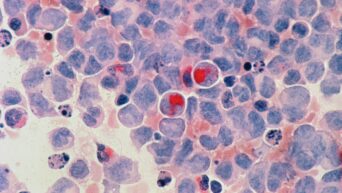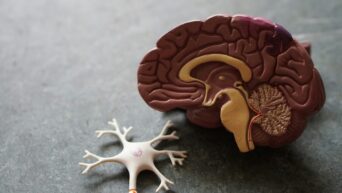High-fat foods set your body up for a similar intake.
In a recent experiment, researches put mice on a fatty food binge for two weeks. In just those two weeks, they noticed that cells in their brain had changed. Signals to stop eating were not happening as much. They compared this data with mice who were not given a boatload of fatty food as a control.
So, if we constantly eat a lot, will our brains stop telling us not to eat anymore? Based on these findings, the answer is yes, at least for animals, but we haven’t reached a conclusive point on human beings as of yet. Our brain knows that food is part of our survival, so it sends signals to us when we should be eating something.
Garret Stuber, a neuroscientist at the University of Washington, focused on the lateral hypothalamus, which is the brain area that focuses on eating behavior. A group of the scientists saw that the glutamatergic nerve cell stopped being overly active in the fatty group. This cell had been identified as the brake signal to stop eating.
The cells’ activity slowed down considerably throughout the two-week binge. Their energy level decreased and continued to worsen as time progressed. Because the nerve cells’ activity level was dropping, it was stopping the brake from sending signals to stop eating.
As far as human beings are concerned, much more testing will be needed. But, it has been shown that the hypothalamus has some involvement when people change from being hungry to full. Stuber believes that there are more brains cells that are involved in the brain that contribute to obesity.
With continued studies ongoing, this could be a real breakthrough in helping humans curb their appetites. By learning about the signals that are being sent due to food consumption, we can ultimately learn new methods of food management.
































